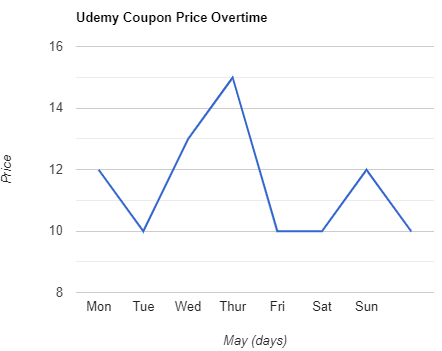Modern Robotics, Course 5: Robot Manipulation and Wheeled Mobile Robots
People living with serious, life-limiting, chronic illness experience significant suffering. Fortunately there are new and developing treatments which may cure some and improve survival for many people living with serious illness. However, seriously ill people and their loved ones still experience many distressing physical symptoms as well as spiritual, social and psychological distress. There is much we can do to support people to live well with serious and life-limiting illness by understanding the causes of suffering, using effective communications, and incorporating careful assessments and
Created by: Kevin Lynch
 Quality Score
Quality Score
Overall Score : 96 / 100
 Live Chat with CourseDuck's Co-Founder for Help
Live Chat with CourseDuck's Co-Founder for Help
 Course Description
Course Description
 Instructor Details
Instructor Details

- 4.8 Rating
 5 Reviews
5 Reviews
Kevin Lynch
Kevin Lynch is Professor and Chair of the Mechanical Engineering Department at Northwestern University. He is a member of the Neuroscience and Robotics Lab (nxr.northwestern.edu) and the Northwestern Institute on Complex Systems (nico.northwestern.edu). His research focuses on dynamics, motion planning, and control for robot manipulation and locomotion; self-organizing multi-agent systems; and functional electrical stimulation for restoration of human function. Dr. Lynch is Editor-in-Chief of the IEEE International Conference on Robotics and Automation and incoming Editor-in-Chief of the IEEE Transactions on Robotics. He is co-author of the textbooks "Principles of Robot Motion" (MIT Press, 2005), "Embedded Computing and Mechatronics" (Elsevier, 2015, https://nu32.org), and "Modern Robotics: Mechanics, Planning, and Control" (Cambridge University Press, 2017, https://modernrobotics.org). He is an IEEE fellow and the recipient of Northwestern's Professorship of Teaching Excellence and the Northwestern Teacher of the Year award in engineering. He earned a BSE in electrical engineering from Princeton University and a PhD in robotics from Carnegie Mellon University.





